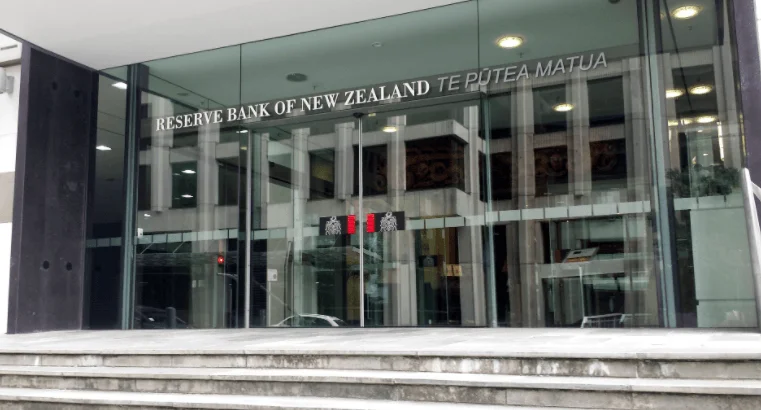The Reserve Bank of New Zealand (RBNZ) recently released an issue paper on central bank digital currencies (CBDC). The paper outlines CBDC purposes, designs, as well as the potential benefits and associated risks.

The document explains the CBDC’s goals, designs, as well as the potential benefits and hazards that come with them. The proposed paper will be open for public feedback until December 6th.
The proposal focuses on a “general-purpose” CBDC, which is a digital currency that may be used by “any individual or business.”
“A ‘general-purpose’ CBDC, rather than a ‘wholesale’ CBDC, would be closer in function to cash and better equipped to fulfil the role of central bank money,” the RBNZ noted.
A hypothetical New Zealand CBDC, according to the central bank, would be digital money issued by the bank alongside currency.
While the amount of cash in circulation in New Zealand has increased, most people still use it “proportionately less for transactions,” according to the bank.
“We want people to know that the Reserve Bank understands and accepts the justification for keeping cash. “Cash will be here for as long as some of us require it,” stated RBNZ assistant governor Christian Hawkesby.
The study also discusses two major technological CBDC designs: an “account-based” CBDC that uses traditional account-based structures, and a “token-based” CBDC that uses emerging technologies such as blockchain and public-private key cryptography.
According to the RBNZ, a token-based CBDC might allow smart contracts to automate the execution of specific tasks such as rent or bill payments, removing the need for manual or third-party involvement. According to the bank, a token-based CBDC might also aid in the creation of new retail payment services.
The central bank also stated that the planned CBDC provides an opportunity to create a form of money that balances privacy and traceability concerns.
“Users may choose to maintain complete privacy when transacting for a variety of reasons, both legal and illegal. Meanwhile, government agencies may want to keep some traceability of CBDC balances or tokens to combat tax fraud, avoidance, money laundering, and terrorism financing, according to the RBNZ.
In July, the Reserve Bank of New Zealand (RBNZ) announced its intention to hold public consultations on a CBDC. Last year, Assistant Governor of the Reserve Bank of New Zealand Christian Hawkesby stated that New Zealand has “no urgent plans” to issue a CBDC.
